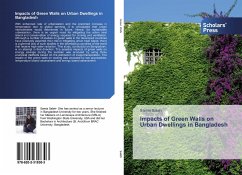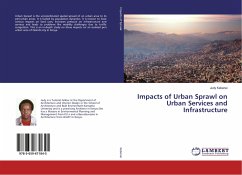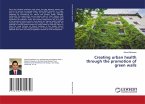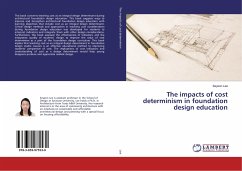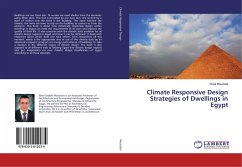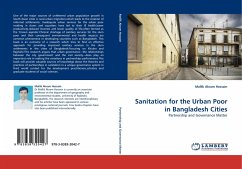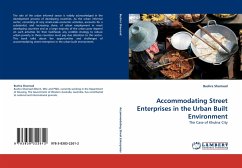With enhanced rate of urbanization and the predicted increase in temperature due to global warming, it is anticipated that urban microclimates would deteriorate in future. Hence, for sustainable urbanization, there is an urgent need for mitigating the urban heat island and conservation of energy required for cooling and ventilation. Although a number of studies on green walls in the developed countries have positively asserted their role in mitigating urban heat island, there is a general lack of such studies in the developing countries of the world that receive high solar radiation. This study, conducted on Bangladesh, is an attempt in that direction. The possible impacts of green walls on energy savings during the summer was analyzed by using three analytical methods based on the estimation of evapotranspiration. The impact of the green walls on cooling was analyzed by two approaches: temperature based assessment and energy based assessment.
Bitte wählen Sie Ihr Anliegen aus.
Rechnungen
Retourenschein anfordern
Bestellstatus
Storno

